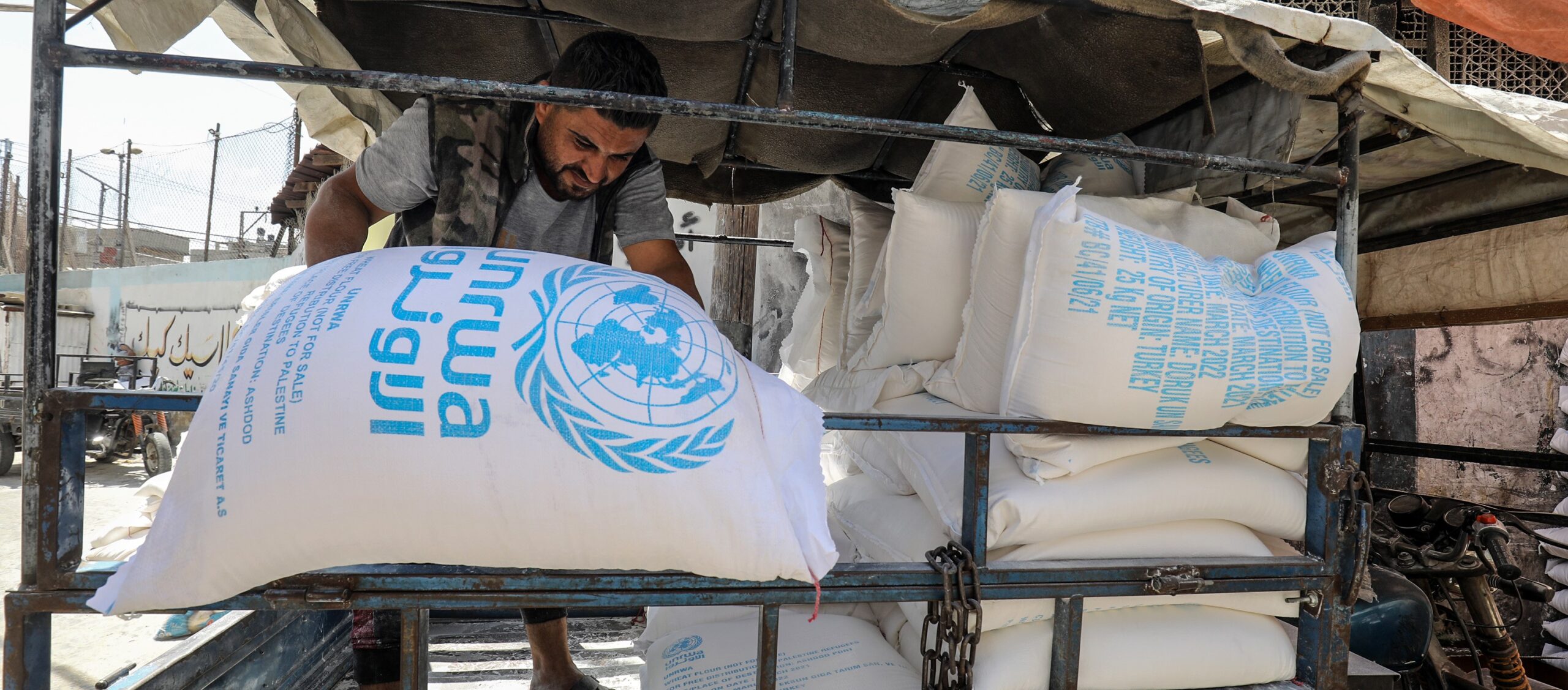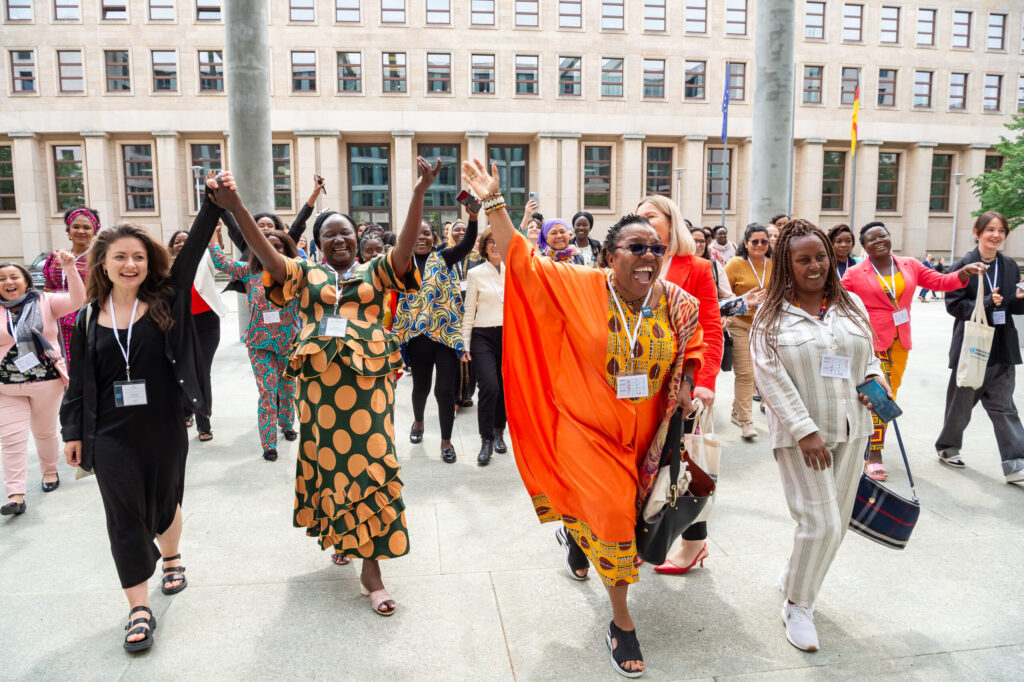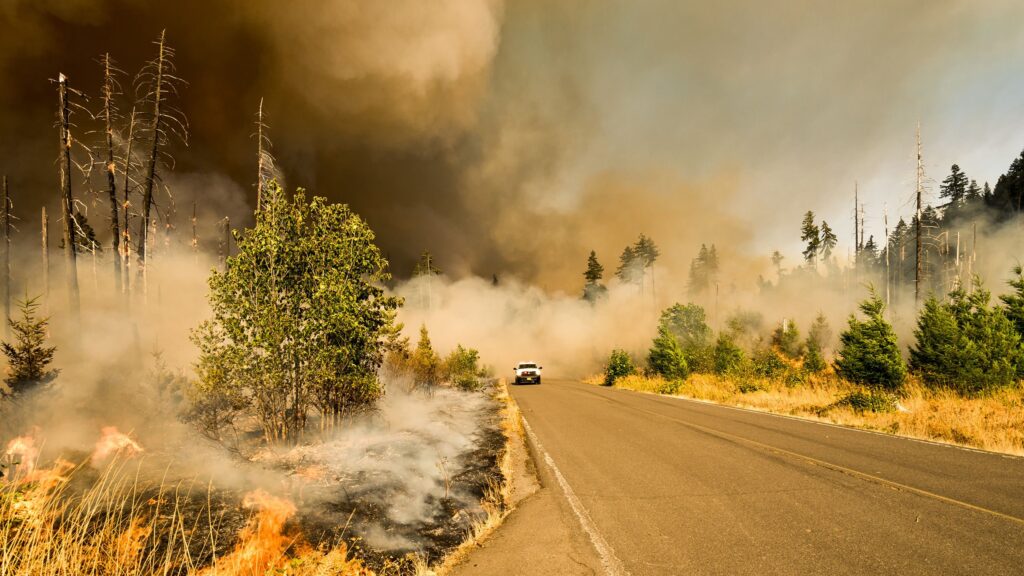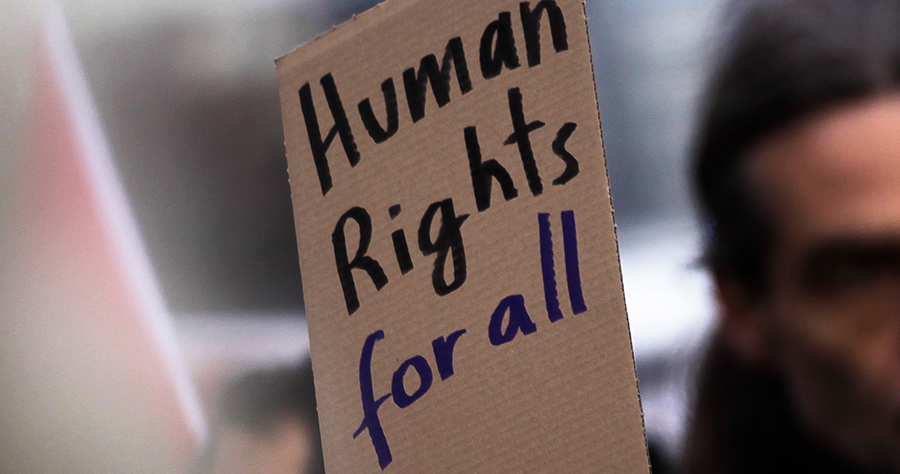Updated Feb. 9
In recent weeks, UNRWA and UN leadership have undertaken an investigation of UNRWA employees alleged to have participated in the terrorist attack by Hamas against Israel on Oct. 7. While the investigation continues, governments around the world are weighing in.
Here’s what we know.
In late January, an Israeli intelligence dossier was seen by the U.S. and the UN. The report lists the names and positions of 12 UNRWA employees and allegations against the staff members that include kidnapping, distributing ammunition and participating in a massacre. On Thursday, Jan. 25, U.S. Secretary of State Antony Blinken spoke to the UN Secretary-General, calling for a “thorough and swift investigation.”
In response to the allegations, a number of donor countries temporarily suspended their voluntary funding to UNRWA pending the UN’s investigation. Following the announcement of a pause on funding from the U.S., Admiral John Kirby, National Security Council Spokesman, noted that the U.S. will also “consider additional [measures], depending on the investigation.”
On Actions taken by the UN
UNRWA immediately terminated the contracts of the concerned staff members. In New York, the UN activated an investigation by the Office of Internal Oversight Services (OIOS), which the Secretary-General committed to carrying out as swiftly and efficiently as possible. The Secretary-General held meetings with major donor governments to hear their views on how to ensure accountability while also delivering life-saving humanitarian assistance in the Gaza strip.
In parallel, the Secretary-General, in consultation with UNRWA Commissioner-General Philippe Lazzarini, appointed an independent Review Group to assess whether UNRWA is doing everything within its power to ensure neutrality and to respond to allegations of serious breaches when they are made. The review is expected to submit an interim report to the Secretary-General in late March 2024, with a final report expected by late April 2024. The final report will be made public. This review is in response to a request made by UNRWA Commissioner-General Lazzarini earlier this year.
On Support for UNRWA
In a subsequent interview on Jan. 29, Admiral Kirby went on to say, “UNRWA is taking this very, very seriously. They’ve called for an investigation, and they’ve made it clear they’ll hold anybody appropriately accountable, to include criminal prosecutions. I don’t want to get ahead of that investigation or that process… We suspended our funding pending the results of that investigation and then we’ll make the appropriate policy decisions going forward. But I do think it’s important to remember that UNRWA does important work across the region, certainly in Gaza. They’ve helped save thousands of lives, and we shouldn’t impugn the good work of a whole agency because of the terrible allegations against a small number of their employees.”
Ambassador Linda Thomas-Greenfield speaks on the suspension of U.S. contributions to UNRWA while the investigation continues, as well as the invaluable role of the agency
Other nations share a similar perspective. Ireland’s Foreign Minister expressed “full confidence in [the UNRWA Director’s] decision to immediately suspend UNRWA staff suspected of participation in the heinous attacks of October 7, to investigate staff suspected of thoroughly, and to show zero tolerance on terror. Ireland has no plans to suspend funding for UNRWA’s vital Gaza work.”
Norway’s Foreign Minister, Espen Barth Eide, echoed the commitment to UNRWA, “While I share the concern over the very serious allegations against some UNRWA staff, I urge other donors to reflect on the wider consequences of cutting funding to UNRWA in this time of extreme humanitarian distress. We should not collectively punish millions of people. We must distinguish between what individuals may have done and what UNRWA stands for. “
Hakan Fidan, Turkey’s Minister of Foreign Affairs, followed suit, “The suspension of funding to UNRWA, following allegations against a few UNRWA staff, will primarily harm the Palestinian people. We expect the countries that have announced suspension of funding to UNRWA to reconsider their decision.”
“Two million civilians in Gaza depend on critical aid from UNRWA for daily survival,” remarked UN Secretary-General Antonio Guterres in an appeal to maintain critical financial support. “UNRWA’s current funding will not allow it to meet all requirements to support them in February… I strongly appeal to the governments that have suspended their contributions to, at least, guarantee the continuity of UNRWA’s operations.”
On UNRWA’s Scope
UNRWA employs more than 30,000 staff across the East Jerusalem, Gaza, Jordan, Lebanon, Syria and the West Bank to meet vital humanitarian needs for approximately 6 million Palestinians who rely on the organization for medical care, food, water, shelter and fuel. In Gaza alone, 2 million civilians depend on aid from the agency for daily survival.
In 2022, the agency received $1.1 billion in pledges from donor states. Of that total, $677.2 million was provided by the nine countries who have since temporarily suspended their contributions. Notably, the U.S. is the largest donor to UNRWA, with 2022 contributions totaling nearly $344 million.
On UNRWA’s Origin
UNRWA — the UN Relief and Works Agency for Palestine Refugees in the Near East — is a subsidiary organ of the UN General Assembly and was established in 1949 to support Palestinian refugees. Today, it serves about 3 million people, or half the total number of registered Palestinian refugees. It generally works with host governments and authorities to provide education, healthcare and other services to Palestinian refugees in Jordan, Lebanon, Syria, the Gaza Strip and the West Bank.
UNRWA is one of only two UN agencies that report directly to the General Assembly. UNRWA is a temporary agency, and its mandate is renewed periodically. Unlike UN entities established by the Security Council under Chapter VII of the UN Charter, UNRWA relies on the continued consent of host governments, which is regularly expressed. In 1967, Israel requested UNRWA to continue its operations in the West Bank and Gaza Strip and routinely states its support for the Agency’s humanitarian mission.
Learn more about UNRWA’s policies around staff conduct and neutrality policies.




